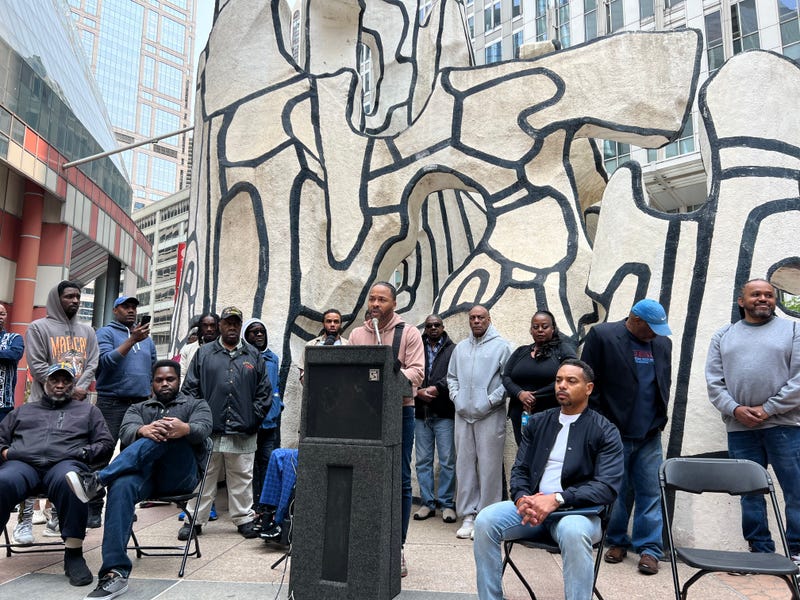
CHICAGO (WBBM NEWSRADIO) — When Illinois legalized recreational use of marijuana, it also created rules for who could bring those products to dispensaries.
On Thursday, some minority-owned transporters sued the state and claimed regulators aren't doing enough to keep rogue operators out of their business.
Transporters said they haven't been able to operate for nearly two years, while other transporters have been operating without licenses. Victoria Williams, with ACC of Illinois Transportation, was among them.
"As people transport illegally and operate in their own capacity, it leaves us locked out [of] the cannabis industry, and we have been negatively impacted by those changes,” Williams said. “We are asking for the state to step in and intervene right now.”
Williams and other transporters who are suing the state are social equity applicants. Berwyn Thompkins, who’s also with ACC of Illinois Transportation, said this sets a negative precedent for other social equity applicants.
"We are the most vulnerable in the cannabis industry,” he said. “We make our money from transporting, which is the front line in the entire industry, so if we're suffering like this, imagine what's to come from the other people that are supposed to be social equity.”
WBBM Newsradio has reached out to the Illinois Department of Agriculture, as well as the Illinois Department of Finance and Professional Regulation for comment.
Those who gathered downtown Thursday said they've spent thousands of dollars to keep their licenses going — all while not being able to operate.
Thompkins said he hasn't been able to make an income for over 3 years.
“So it was kind of upsetting to see [that] people made billions while we literally sat by and made nothing while we were in compliance and granted a license by the State of Illinois,” he said.
He said not only is it unfair that unlicensed transporters are able to operate, but it also poses a public safety issue.
“When cannabis is transported, it's moved directly from one facility to another, so the supply chain is secure,” he said. “The way they're doing it, the supply chain is not secure. Possible contamination, anything can happen because it's not in a secure environment.”
Thompkins and the others said the lawsuit is just the first step, and that they'll even go to lawmakers in Springfield if they have to.
Listen to our new podcast Courier Pigeon
Listen to WBBM Newsradio now on Audacy!


